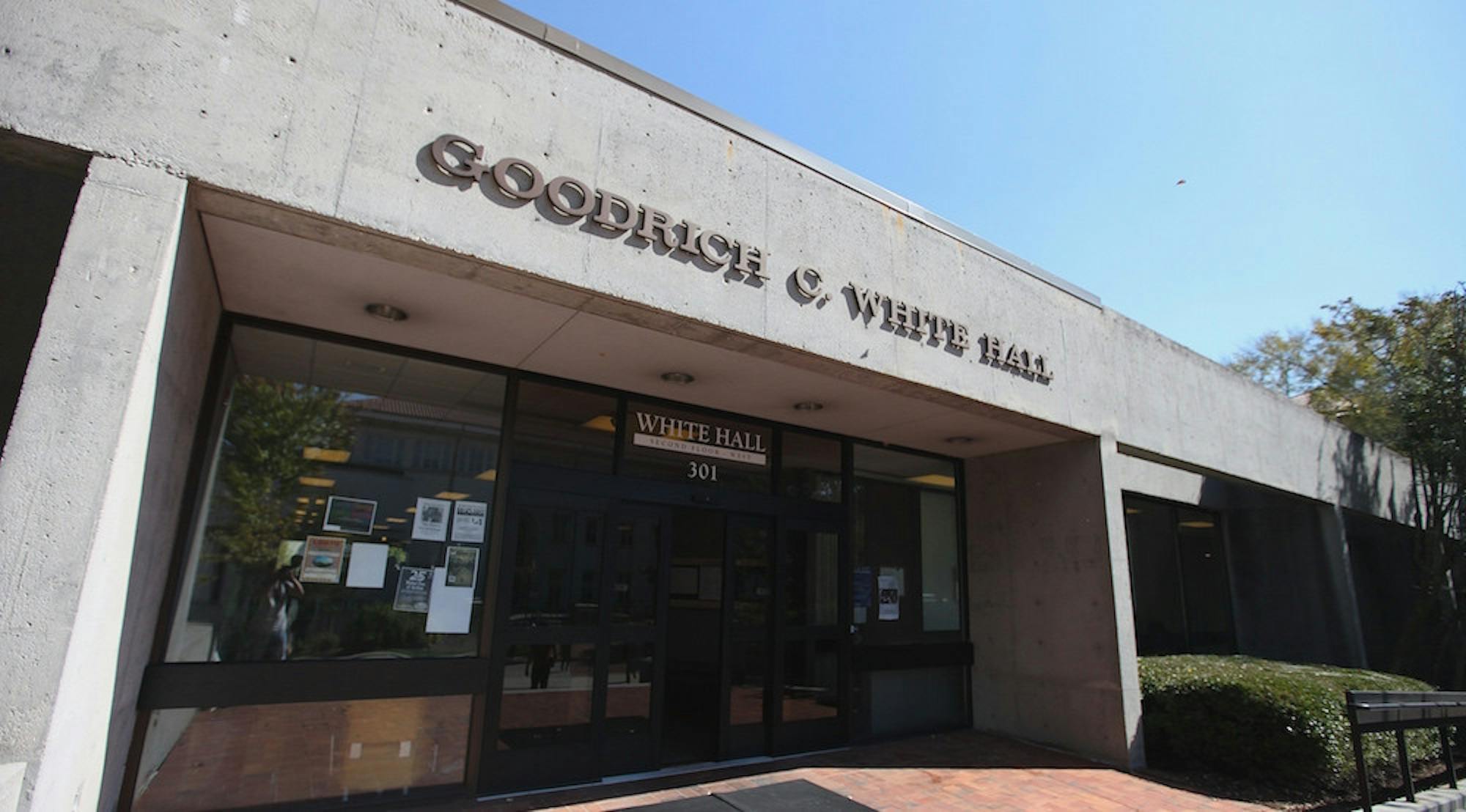
As students work from home fighting mental, academic and financial stressors, the Emory College Honor Council’s responsibility of upholding academic integrity remains pertinent now more than ever, albeit with certain changes to its procedures.
The Honor Council consists of 20 council members, 20 faculty advisers and 6 appeal panel members. The Council is responsible for investigating and adjudicating all allegations of academic misconduct, a process that’s largely dependent on in-person testimony, but has nevertheless undergone a remote transition like all other Emory institutions.
Associate Dean of Undergraduate Education and Director of the Honor Council Jason Ciejka noted that going remote on this large scale is unprecedented for everyone, requiring the Council “to think on its feet.”
Ciejka noted that as the learning environment evolves, so have the ways in which students may engage in academic dishonesty.
“There is definitely the possibility that we see variations of your standard forms of academic misconduct,” Ciejka said. “Cheating on an exam might not mean looking at your neighbor’s paper, but it could mean sending a text message to your friend who is taking the test at the same time.”
Dong Yoon Jang (20C), a sociology and philosophy double-major, is a member of the Honor Council and served as an investigator for a case that started before spring break. She noted that though the Council has transitioned to an online platform, they are still trying to keep most of the original procedure intact.
“In hearings held in person, the reported student and the investigator have to leave the hearing room so that the Honor Council can deliberate and vote in private,” Jang said, describing the process. “In a Zoom call meeting, they send the reported student and investigator into the virtual waiting room.”
Along with a couple of new cases after spring break, the Council is also reviewing a few cases from before the break that have transitioned online. Ciejka said that though the online hearings held after spring break have gone well, he believes that the lack of in-person contact has presented a challenge for students who have been reported for an Honor Code violation.
Normally, when a student is reported, the Honor Council administrators provide reported students with the option of meeting with them in person where they can learn about the Honor Council procedure; students can schedule multiple meetings throughout their case. When a case is assigned to a student Honor Council investigator, the member meets with a faculty adviser and the reported student, where evidence is discussed and student testimony is collected. Based on the meeting and other collected evidence, the student investigator may then recommend dismissing the case, a decision which is reviewed and finalized by the administration, or refer it to a full hearing where four other student members and a faculty adviser deliberate a final verdict.
“It is hard not being able to have those meetings in person, even if they are happening through Zoom and other ways,” Ciejka said.
The Honor Council practicum, a course that all Council members enroll in, has also been moved online. Class discussions on matters of academic integrity were also held over Zoom.
Ciejka said the Honor Council will now rely more on electronic data to evaluate academic misconduct, including collecting records such as electronic time stamps for quizzes and assignments on Canvas.
“In an online environment, what would you think if you saw a student answer 90 questions in five minutes? That would be a real concern,” Ciejka said.
As cheating diversifies, faculty have sought various means to modify assessments and monitor students to decrease the chance of such violations.
Senior Lecturer Douglas Mulford, for example, proctors his students’ exams through Zoom. The Honor Council hopes that misconduct will be mitigated through these measures.
“The key is providing resources to faculty so that students cannot and do not have to turn to academic dishonesty,” Honor Council Chair Daniel Huff (18Ox, 20C) said.
As the Honor Council adapts to Zoom, members are considering holding more remote hearings over the summer as opposed to waiting to adjudicate them in the fall. Huff is confident in the Council’s ability to work well remotely.
“We're trained and experienced on how to deal with digital evidence and document evidence,” Huff said. “So all of our person-to-person interactions will become a little bit more challenging now, but I'm really confident in the training we've received.”
Ciejka acknowledged that some students have been left in very difficult situations, including facing housing and food insecurity. He noted that the Council must approach all cases with “patience and generosity.”
Instead of engaging in academic misconduct, Jang advised struggling students to communicate with their professors, many of whom may be open to accommodations. Huff shared the need to empathize with students, stating that he could viscerally feel the change in Emory’s learning environment, and urged students to remain honest.
“Even though the learning environment has become really difficult in the past couple weeks, my hope and my plea to the student body is just to remember how important higher education is,” Huff said. “I think it's more important than ever to uphold those principles of integrity. That's what gives our education its value.”
Correction (05/06/20 at 12:32 a.m.): A previous version of this article incorrectly stated that there are 20 staff members and the Council members reviewed previous cases over Zoom. In fact, there are 20 faculty advisers and the cases were reviewed prior to spring break.





